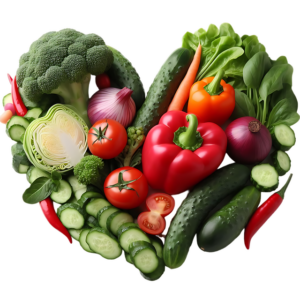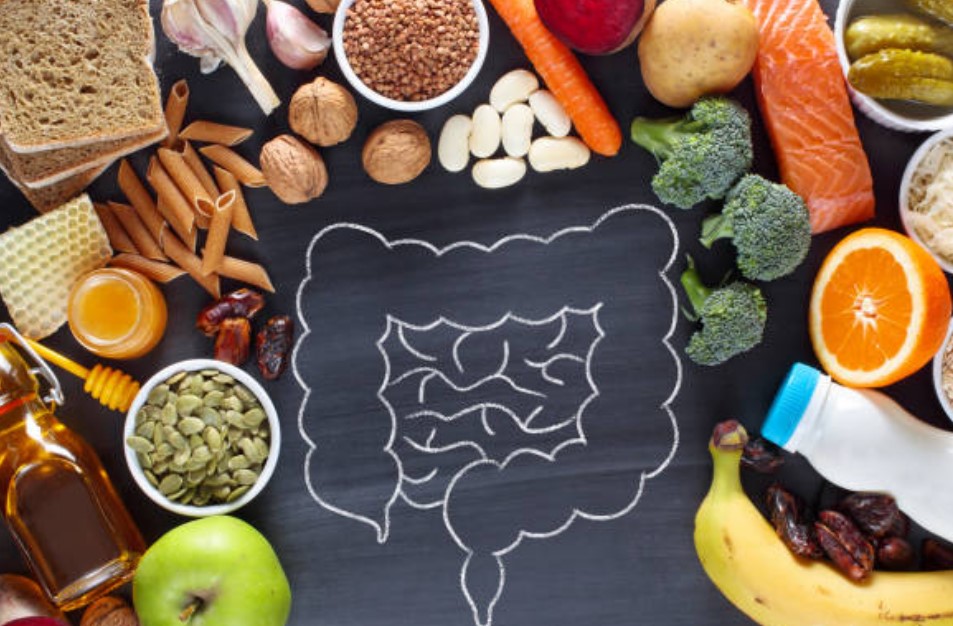What kind of mood are you in today? What is a ‘mood’ anyway and what causes it?
A mood is an emotional state or disposition, that can affect your emotional wellbeing and how you perceive and interact with the world.

Our moods can be influenced by a range of factors including:
Some moods are longer-lasting & harder to shift than others. The specific circumstances triggering your black moods might mean that you need extra help. More commonly though, moods are fleeting, arising in response to day to day events, interactions with people at home & work etc.
Any negative emotional state, no matter how short-lived, can limit our joy and our ability to be productive. And conversely, positive states can fuel us to achieve and to flow. The body-mind connection is real so when stress & anxiety overwhelm us, the signals from our brain cause physical responses which perpetuate problems. And it works the other way too, if we eat healthy food, happier states come more easily. Processed foods, sugary baked goods, salted fried snacks, sweet carbonated drinks etc not only pile on the pounds (& give us another reason to be grumpy), but also clog up our system.

A word about chocolate here… Chocolate, especially a high quality product, with a higher % of cocoa solids and less sugar, can have a positive effect on your health & your mood. Chocolate contains neurochemicals that can regulate mood and depression. It’s also packed full of antioxidants that help fight inflammation. Chronic inflammation is problematic & can lead to other more serious illnesses so it’s wise to keep this under control. For many of us, eating chocolate induces feelings of pleasure simply because it tastes good. The trick, of course, is to not over-indulge – ‘a little of what you fancy’ rather than a binge that takes you on a slide into overload & discomfort. And in case you didn’t realise, chocolate contains caffeine – the more intense the chocolate the higher the caffeine content – so if you’re sensitive to caffeine, go easy.
Whether moods are chronic or transient, understanding the effect of food & other factors on your emotional wellbeing can give you back some control. Operating from a place of empowerment presents more choices to move out of a negative state. And you might be surprised at how much you can do. Hormone imbalance as a result of the menopause, for example, can often be managed by adjustments to diet. So if you’re struggling with mood swings as you leave the reproductive stage of your life, try eating foods that contain phytoestrogens (soy, miso, tofu, beans, sprouts, flax & pumpkin seeds), and minimise caffeine & alcohol which trigger hot flushes and other symptoms. The good news is… you may have more resources than you think to manage your mood. Here are some things you can do:

Eat Yourself Happy
Diet can have a significant impact on mood. Nutrient deficiencies, particularly in vitamins and minerals like B vitamins, vitamin D, and omega-3 fatty acids, can contribute to mood disturbances. Unhealthy eating habits and blood sugar fluctuations can also affect mood stability.
Incorporating mood-boosting foods into your daily meals can make a noticeable difference. Here are some options:
a. Omega-3 Fatty Acids: These can be found in fatty fish like salmon and walnuts. Omega-3s support brain health and can help reduce feelings of depression and anxiety.
b. Whole Grains: Complex carbohydrates found in whole grains like quinoa and brown rice release serotonin, a mood-regulating neurotransmitter, helping to stabilise your mood.
c. Leafy Greens: Spinach, kale, and other leafy greens are rich in folate, which is linked to mood regulation and the production of neurotransmitters like serotonin.
d. Berries: Antioxidant-rich berries like blueberries and strawberries can help reduce oxidative stress, which is linked to mood disorders.
e. Plant-based Fats: Avocado & almonds are a great source of magnesium, essential for regulating mood & stress levels.

Get A Good Gut Feeling
Emerging research suggests a strong connection between the gut and the brain, known as the gut-brain axis. An unhealthy gut, characterized by imbalances in gut bacteria (dysbiosis), can contribute to mood disorders. The key to a healthy gut is the microbiome – feeding this bustling colony of good bacteria that affect our physical and mental wellbeing. Diversity is important here – eating a wide variety of plants, herbs, spices, whole grains will support a diverse & robust digestive system. The gut thrives on fibre, so make sure you’re getting enough. It’s also important to minimise harmful chemicals so that the gut isn’t so busy defending the system from nasties that it’s not able to work optimally for your overall wellbeing. Check your food, your skincare & personal hygiene products carefully as well as cleaning products too. The skin is our largest organ & substances that comes into contact with it are absorbed into the bloodstream. Ringana is the vegan skincare provider of choice for Bringing Balance. They produce uniquely fresh health & beauty products – free from preservatives, additives, perfumes etc.

Supplement Your Life
The sad fact is that the nutrients in our food are declining. Modern agricultural processes and rising levels of carbon dioxide due to climate change mean that fruit & vegetables are less nutritious than they used to be. This means that even if we do eat a balanced diet, we may still need to top up our levels of vitamins & minerals. Deficiencies in B vitamins (particularly B6, B9 & B12,) vitamin D & Omega 3 fatty acids can contribute to low mood. If your digestive system needs extra support, consider using probiotics – the higher quality and more diverse the better. Acidophilus is the commonly used one but look for products that contain at least 5 different strains of live microorganisms, and with a suitably high dosage (& I mean billions, not just millions!).
There are many herbal medicines & natural remedies that can be added to your diet to improve your mood. St John’s Wort is well known to combat anxiety, and valerian root, kava, passionflower & other herbs have calming effects too. Ringana have a ‘bespoke ‘serenity’ product, CAPS moodoo, with natural magnesium, B vitamins and plant substances including: schisandra berry extract & ashwagandha root extract (adaptagenic herbs that improve our ability to manage stress & calm the mind) and saffron (a natural mood-lifter).
It’s important to know that herbal extracts may interact with ‘traditional’ medicine and can be detrimental if over-used, so seek advice from a nutritionist or herbal medicine specialist if in any doubt.
Now for something completely different!
There’s a lot of information here about feeding our bodies well. But what about not feeding it at all for a while? Fasting is when you stop eating or drinking anything with calorific content – so water, herbal tea & decaffeinated tea or coffee with no milk or sugar is fine, but nothing else. It gives the body a rest, produces a state of ketosis (burning fat rather than sugar) and activates autophagy, the body’s in-built cell-cleaning process.
Intermittent fasting (IF) is an approach to eating that involves regular periods of not consuming calories. If piling on the pounds is part of what’s dragging you down (physically &/ or emotionally) this could be a good option to consider. Implemented carefully, fasting can help you manage cravings, break free of unhealthy eating & drinking habits & accelerate weight loss. Intermittent fasting can improve your gut health, and we’ve already seen how important that is. Plus it can improve your mood and your mental health.

What next?
Hopefully, this post has given you some ‘food for thought’. Recognising that what you put in your body can make a difference is key. However, awareness is one thing, acting on this to make positive changes for your health & wellbeing is quite another. I have loads of insight & experience about food & nutrition so feel free to reach out. Post a comment here & let me know what you found interesting, what you want to know more about. You can contact me with any questions or book a free Discovery Call to chat things through.
And look out for the next post on this subject, where I’ll be sharing more tips for managing your mood. A holistic approach is core to my therapy work so having addressed some key issues relating to body, the next post will explore mind and soul. See you there!


Thank you Denise. As somebody who is in full blown menopause I need constant reminder to make the right choices with my diet. Sometimes ‘eat yourself happy’ means reaching out for the wrong things which might give us an instant gratification but it is very quickly replaced by physical discomfort and sense of self loading. I am sure many other women will benefit from your insights. Look forward to hearing more from you.
Thank you Maja for taking the time to post this comment. I really appreciate you sharing your challenges here – no doubt this will resonate with others.
Love the tips! Look forward to your next webinar ! Growing older is getting better the more mindful I become.
Thanks for reading the post Jen. Yeah, I need to do a webinar on this topic too! So happy for you that mindfulness is flowing